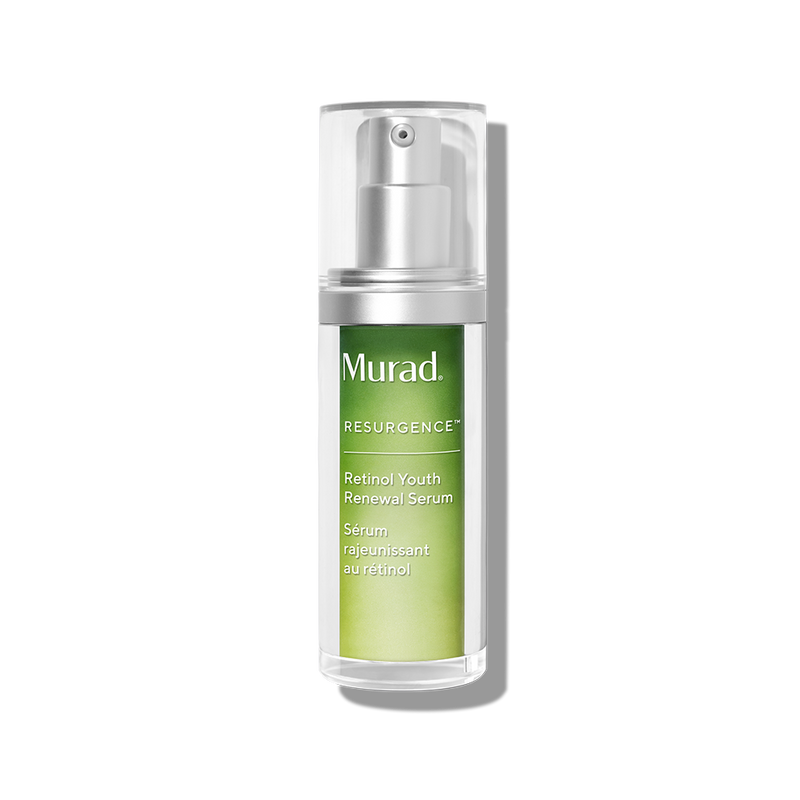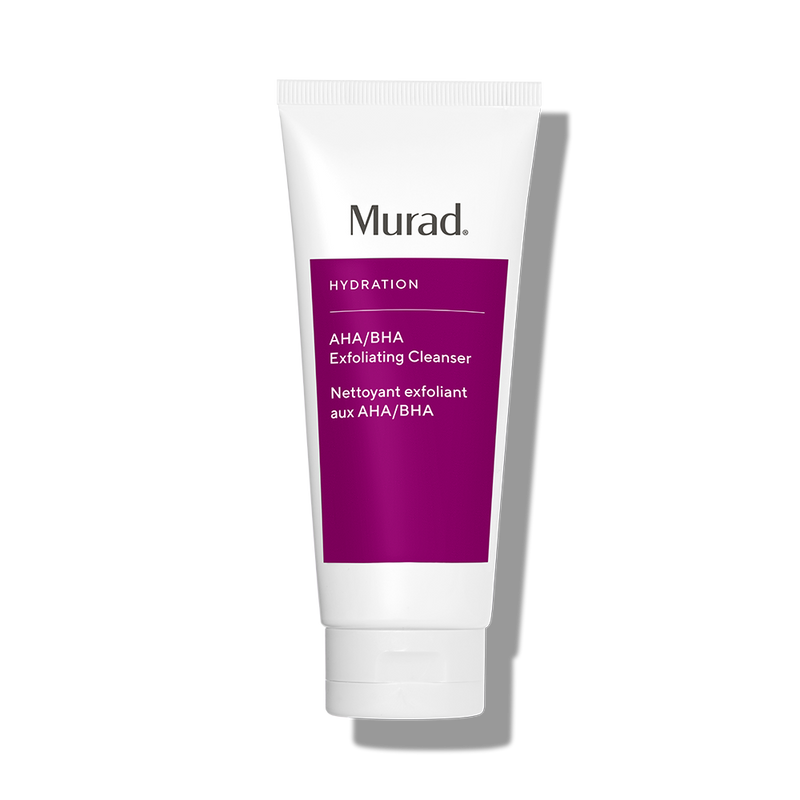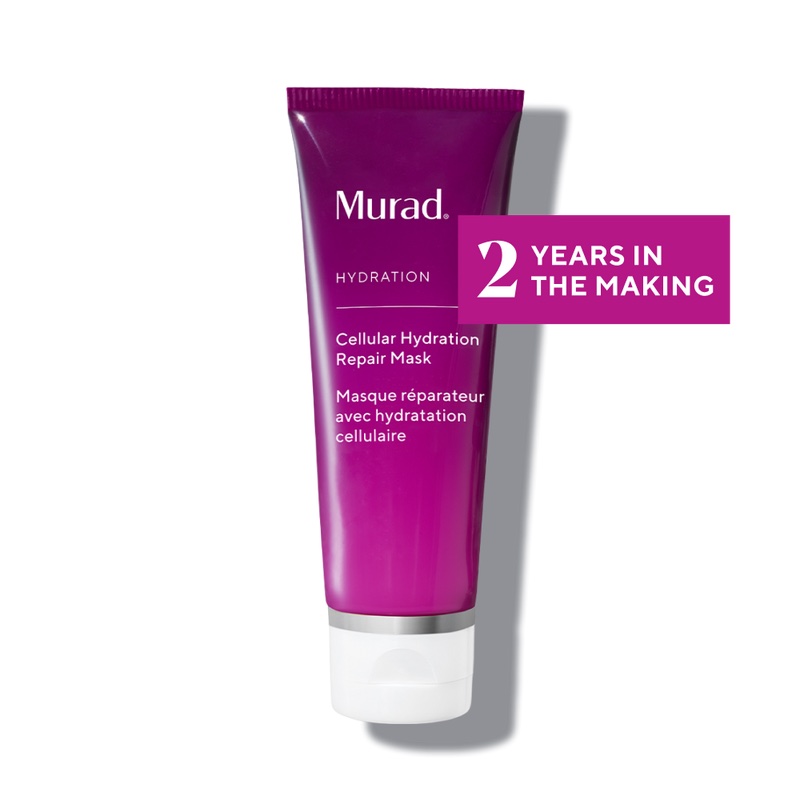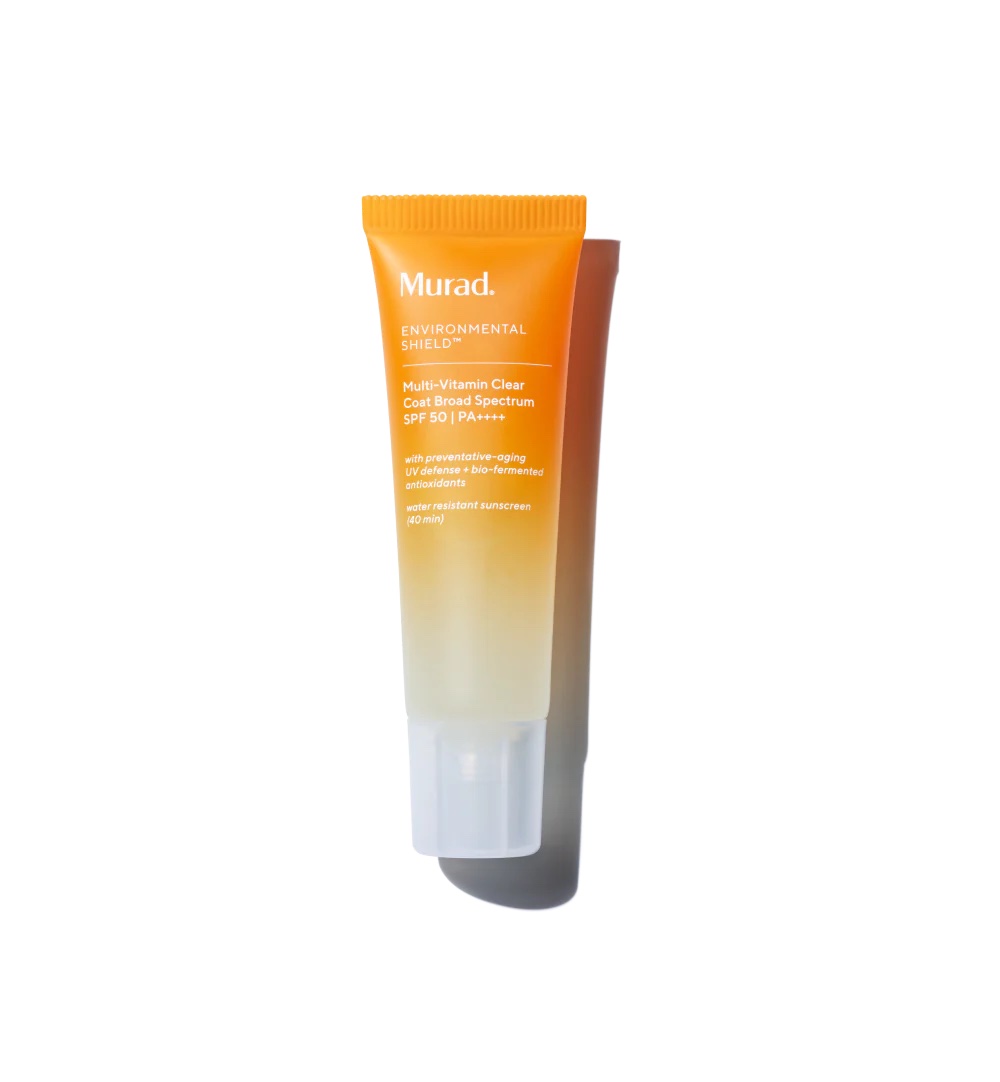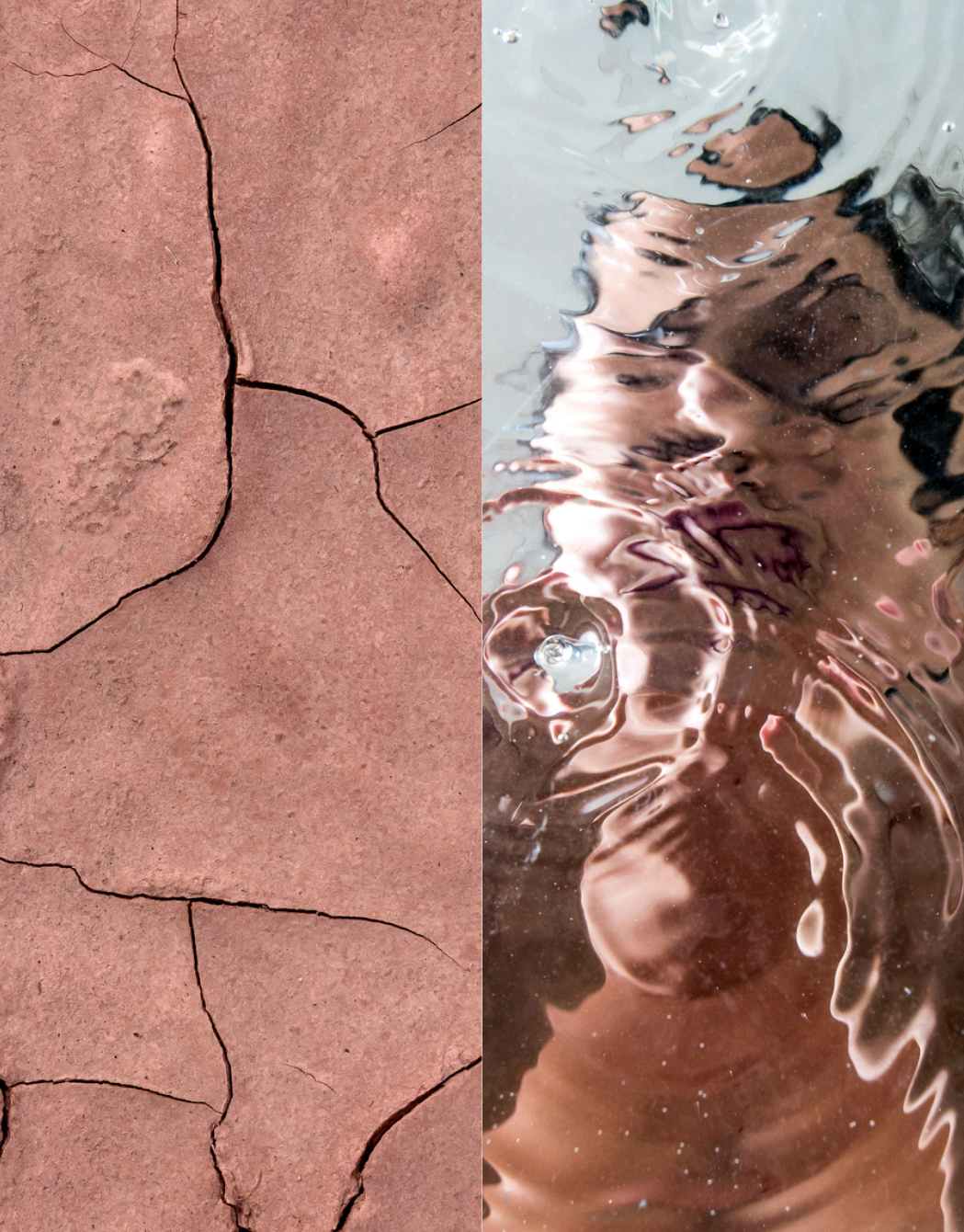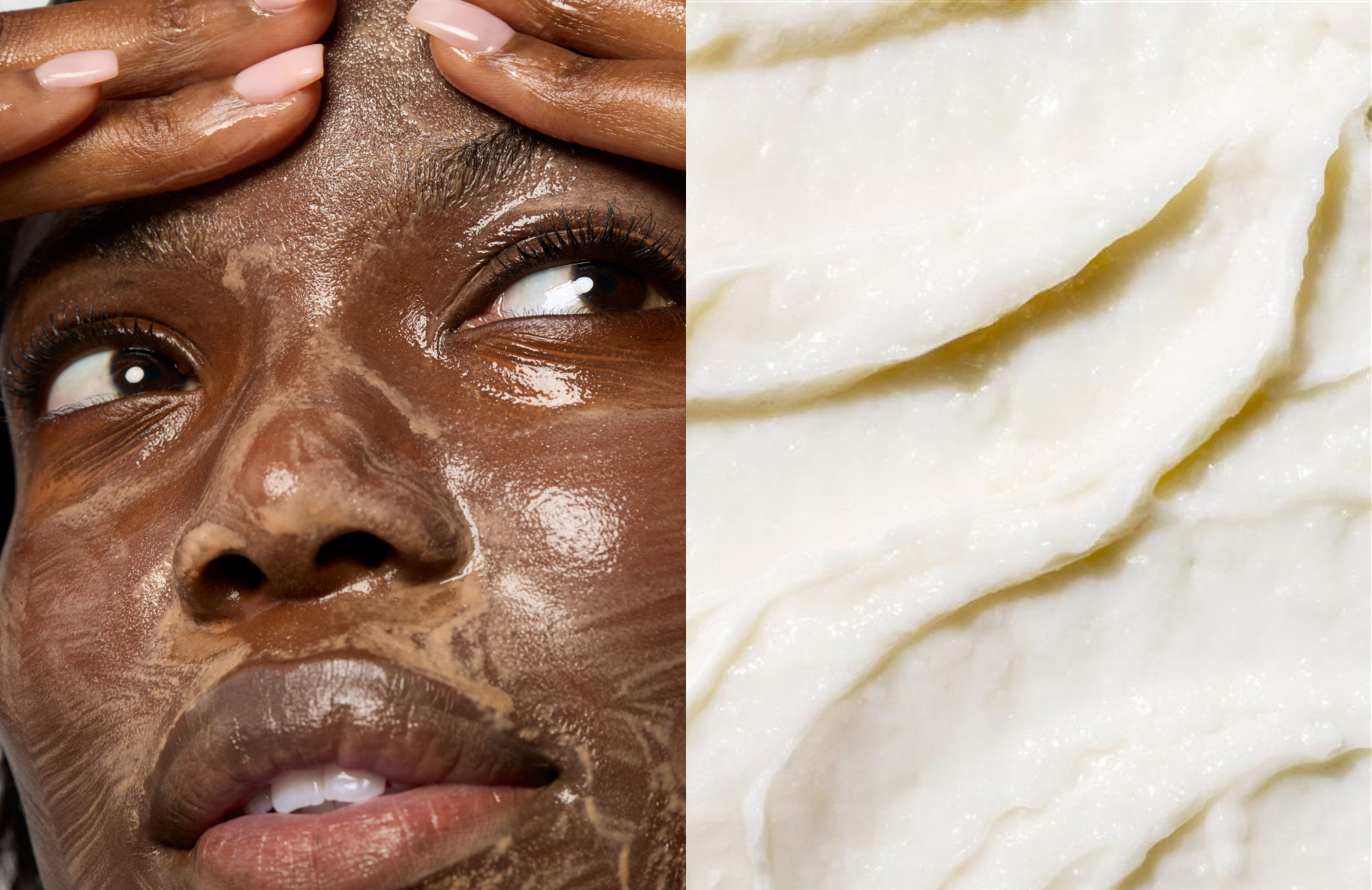What’s proactive skincare? An expert shares 4 ways to cut down on pricey dermatologist visits

Paying a visit to your dermatologist can be costly, but if you’re armed with the knowledge of how to properly take care of your skin in the first place, it could save you time, money and energy. Below, we spoke with board-certified dermatologist Dr. Justine Park of Skin and Beauty Center in California to learn how to take a more proactive approach when it comes to our skin (and minimize frequent visits to the dermatologist in the process).
Exfoliation, whether by a physical or chemical exfoliator, can help improve skin texture, tone and brightness. Too much exfoliation, however, can lead to irritated, painful and burning skin as well as abrasions followed by discolored patches, Dr. Park says. When it comes to exfoliating, limit it to two to three times a week at most. If your skin has been over-exfoliated, take a break from this step and opt for gentle products with hydrating and soothing ingredients like aloe, chamomile and green tea.
Active ingredients in skincare products (like retinol, vitamin C and exfoliating acids) can treat some of the most stubborn common skincare concerns such as dark spots, redness and fine lines, but they’re potent and may lead to irritation (and a doctor’s visit) if not used wisely. Dr. Park recommends going “low and slow” when it comes to introducing actives into your skincare routine, especially if you’re sensitive. Start with every other night usage in the beginning to allow the skin to acclimate to the ingredient, and increase use as needed.
When it comes to retinol in particular, Dr. Park notes that “irritation can be due to their effect on cellular turnover or by a direct action on receptors for sensing irritation themselves.” Begin your retinol routine with a low concentration and try applying it after moisturizing, which won’t interfere with its effectiveness or absorption, but does help limit irritation potential, according to Dr. Park.
Some skincare products can trigger contact dermatitis that may warrant a trip to the dermatologist. Contact dermatitis can be divided into two main categories: irritant contact dermatitis and allergic contact dermatitis. “Irritant contact dermatitis is due to a direct effect of the factor on the skin itself (for instance, wool fibers scratching the skin) whereas allergic contact dermatitis is a specific reaction due to an immune-mediated response to a factor (like an allergy to an ingredient in a product),” Dr. Park explains.
When it comes to allergic contact dermatitis, factors like jewelry material, laundry detergents and certain skincare ingredients can cause it. Also, extremely dry skin, which Dr. Park says has been demonstrated to have microscopic cracks in it, may allow allergens into the skin. Keep skin hydrated to avoid having allergens penetrating the skin and cause dermatitis.
You are your body’s biggest advocate, so get into the habit of checking your skin from head to toe once a month (Dr. Park recommends doing your at-home checkup on the first day of every month to make it easy to remember).
“Schedule an appointment if you see anything that seems to be growing or changing rapidly, if a lesion has irregular shape, size or color, if you have a non-healing wound or if you have a painful or sore lesion,” Dr. Park says. Otherwise, you can save a trip to the dermatologist by using an over-the-counter hydrocortisone for up to one week for swelling or rashes that itch.
The views expressed in this article do not necessarily represent the views of Murad, and are for informational purposes only, even if the advice of physicians and medical practitioners are included. This article is not a substitute for professional medical advice, diagnosis or treatment, and should not looked be considered specific medical advice.
